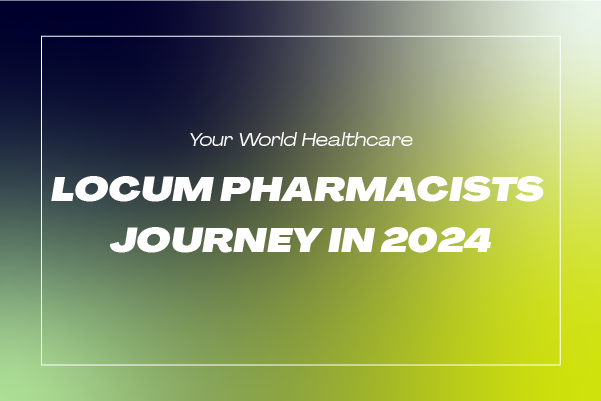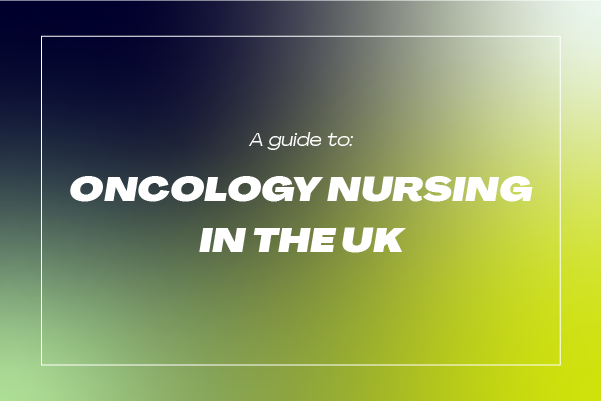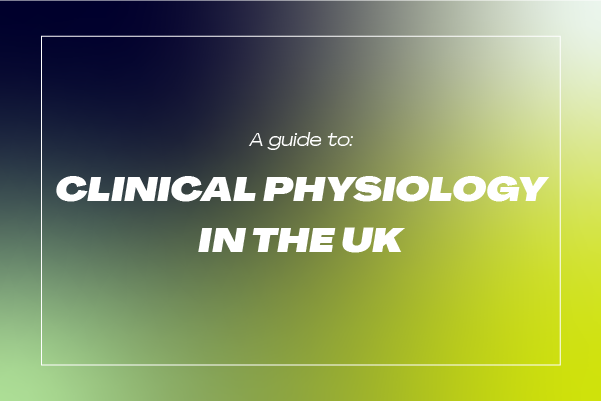By Rachel Lamb . 30/11/2021 · 20 Minute read
The 1st December has been World AIDS Day since 1988 – which was actually the first global health day ever! It marks a day in which people worldwide come together to raise awareness for HIV and AIDS, support those living with HIV, and remember those who have died from an AIDS-related illness.
It has been 40 years since the first cases of AIDS were reported in the UK in 1981. In the last 40 years, medical advancements have radically changed the life expectancy and quality of life for people diagnosed with HIV. However, more needs to be done to increase public knowledge about HIV and AIDS and reduce the stigma that is still often attached to the virus.
40 Years - the beginning of the HIV and AIDS epidemic
In the 80s and early 90s, a HIV or AIDS diagnosis was seen as a death sentence. While the first antiretroviral drug was approved in 1987, it wasn’t until 1996 that we had effective treatment which stops HIV from developing into AIDS.
In 1981, the first reports of rare illnesses in otherwise young, healthy men were reported. These young men were diagnosed with a rare type of pneumonia or Kaposi’s sarcoma, generally found in older men. The first reports were in America but soon began happening in the UK as well.
With initial cases reported predominately with gay men, AIDS was initially known as Gay-Related Immune Deficiency (GRID) which caused an increased stigma around homosexuality, with many calling the pandemic a ‘gay plague’. In the UK, homosexuality had only been decriminalised since 1967, and being gay was still considered a taboo; many gay communities were already pushed to the outskirts of mainstream society. The idea of a ‘gay-related’ disease increased rates of homophobia. It wasn’t until the same immune deficiency was found in other groups, such as heterosexual women, that it was renamed Acquired Immune Deficiency Syndrome (AIDS) in 1982.
The early confusion about the transmission of the virus, along with the perception that ‘taboo’ actions were connected to transmission (such as sex without a condom or the use of intravenous drugs), and wider-spread homophobia meant that there was an overwhelming stigma attached to HIV and AIDS.
HIV and AIDS in the UK Today
Although HIV is a serious and lifelong virus, today, it is not the death sentence that it once was. Following a diagnosis of HIV, people can now receive treatment that will stop the progression of HIV to AIDS and prevent the transmission of the virus to anyone else.
Today, 98% of people living with HIV in the UK are on effective Antiretroviral Therapy treatment, and 97% cannot transmit the virus.
HIV Treatment: Antiretroviral Therapy
With Antiretroviral Therapy (ART), we can stop the virus from replicating in the body. This enables the immune system to repair itself. The treatment also reduces a person’s viral load to undetectable. ART is not a cure for HIV, so the virus is not entirely gone; however, the treatment reduces the amount of HIV to a minimal number so that it cannot be detected by current tests.
If HIV is undetectable, it is untransmutable.
U=U is an international campaign to spread awareness about this: Undetectable=Untransmutable. However, the National AIDS Trust have found that only 16% of the public are currently aware of this.
Treatment for HIV is currently in the form of daily ART tablets; however, NICE has recently approved the first long-acting injectable treatment for HIV. This treatment is made up of two injections which are administered every two months.
This new treatment could be life-changing for many people living with HIV, as daily multi-tablet regimens can be difficult, with drug side effects, challenges to routines, and continued stigma.
Pre-Exposure Treatment: PrEP
PrEP, or Pre-Exposure Prophylaxis, is a medication that someone can take to prevent them from acquiring HIV. In 2020, PrEP was made available in England, Scotland, and Wales in NHS Sexual Health Clinics.
PrEP is taken before being potentially exposed to HIV and blocks the virus. It is currently only in pill form. However, other administration methods are being researched.
Depending on your requirements, you can take PrEP once daily, or as and when is needed. You can find further information about PrEP on the Terrence Higgins Trust website.
Stigma and Public Attitudes
While medical advancements have unequivocally changed what it means to be diagnosed with HIV, it is still an upending of someone’s life. HIV is still a serious virus and has long-lasting effects – such as the need for daily medication. In addition, a significant worry for many is the stigma that is still attached to HIV and AIDS.
The National AIDS Trust has published a recent survey on the public’s knowledge and attitudes towards HIV. In the survey, it was found that whilst public attitudes and awareness have improved, there is still a long way to go. Some of the key findings included:
- Most of the public don’t hear or think about HIV much. While there is awareness that things have changed since the 80s and 90s, most reference points are still from this period.
- Knowledge of HIV is patchy. Most people know how to prevent acquiring HIV; however, many did not know about the developments in treatment such as U=U.
- Stigma towards those living with HIV continues to exist and is felt to be deeply entrenched. For example, 83% agree people with HIV often face negative judgement from others in society.
- The majority of the public were able to identify the main modes of HIV transmission; however, they also believed that they could acquire HIV in at least one way that they could not. The majority of the public thought that HIV could be transmitted through modes such as spitting, kissing, or blood transfusions in the UK. This could affect their behaviour towards people living with HIV or when engaging with medical services.
- Most of the public say they are empathetic towards those living with HIV. However, sympathy and support is often qualified, with only a third of the public completely agreeing they have sympathy for all people living with HIV, regardless of how they acquired it.
However, the survey also found that exposure to more information about how HIV is transmitted and treated seemed to decrease discomfort about HIV. There was also a high level of support for further education and public policies to increase support for people living with HIV and for further testing.
Get Involved This World AIDS Day
Tackling Stigma and Increasing Testing:
The National AIDS Trust survey results indicate that increased information about HIV can reduce the stigma attached to it. This can result in more support and respect for people living with HIV, but it can also help reduce the transmission of HIV.
The stigma attached to HIV is a significant reason people may put off getting tested for the virus, along with thinking that they are not at risk. However, getting tested is the only way to know if you have HIV and receive treatment. Effective treatment reduces the transmission of the virus, so it is essential that HIV testing becomes commonplace.
Some useful resources for tackling stigma have been published by the National AIDS Trust and the US Centres for Disease Control and Prevention.
Get Tested:
Free and confidential HIV tests are available from NHS sexual health clinics (also called GUM clinics), charity testing services, many GP surgeries, pharmacies. You can also request a home testing kit online. From 1st November until 3rd December 2021, BioSure will donate £1 from every online sale of their HIV Self Test,
Aidsmap can also help you find services and free tests near you:
Find HIV clinics and services near you | aidsmap
Find a free HIV test near you | aidsmap
Rock The Ribbon with National AIDS Trust
In the National AIDS Trust survey about public knowledge and attitudes towards HIV, it was found that 63% of people do not remember seeing or hearing about HIV in the past six months. They also found that only 16% knew if someone is on effective treatment, they can’t transmit HIV and can expect to live a long and healthy life.
For World AIDS Day, the National AIDS Trust is asking everyone to be an HIV ally and Rock The Ribbon.
The Red Ribbon was created in 1991, ten years after the first AIDS cases were reported and has become the main symbol of compassion for people living with HIV.
You can buy a Red Ribbon from the National AIDS Trust shop or across all MAC Cosmetics shops for a suggested donation of £1.
Be sure to share pictures of your ribbon with the hashtag #RockTheRibbon to help spread awareness!
Be Bald with the Terrence Higgins Trust:
On 1st December, you can join people across the UK in the Terrence Higgins Trust’s Big Shave Off! You can sign up on the Terrence Higgins Trust website, then get your friends, family, or colleagues to sponsor you while you shave!
You can choose what you shave, whether it’s your head, chest, legs, or beard – it’s up to you! It’s a great way to raise money for HIV while spreading awareness through the #BigShaveOff hashtag on social media!
The Naked Truth Online Event:
This is an online event, taking place on Wednesday 1st December from 7pm. The Naked Truth is an art event that aims to end HIV stigma. This promo film includes actors from TV’s It’s a Sin and the West End, as well as the CEO of the Terrence Higgins Trust.
Tickets are £5.98 and are available here. All money raised will be supporting the Terrence Higgins Trust.
Donate or Volunteer:
You can donate money or volunteer time with many of the HIV and AIDS charities within the UK, such as:
If you need support around any concerns about HIV or AIDS, please call the Terrence Higgins Trust helpline on 0808 802 1221. The helpline is open 10am to 6pm on Mondays-Fridays.









